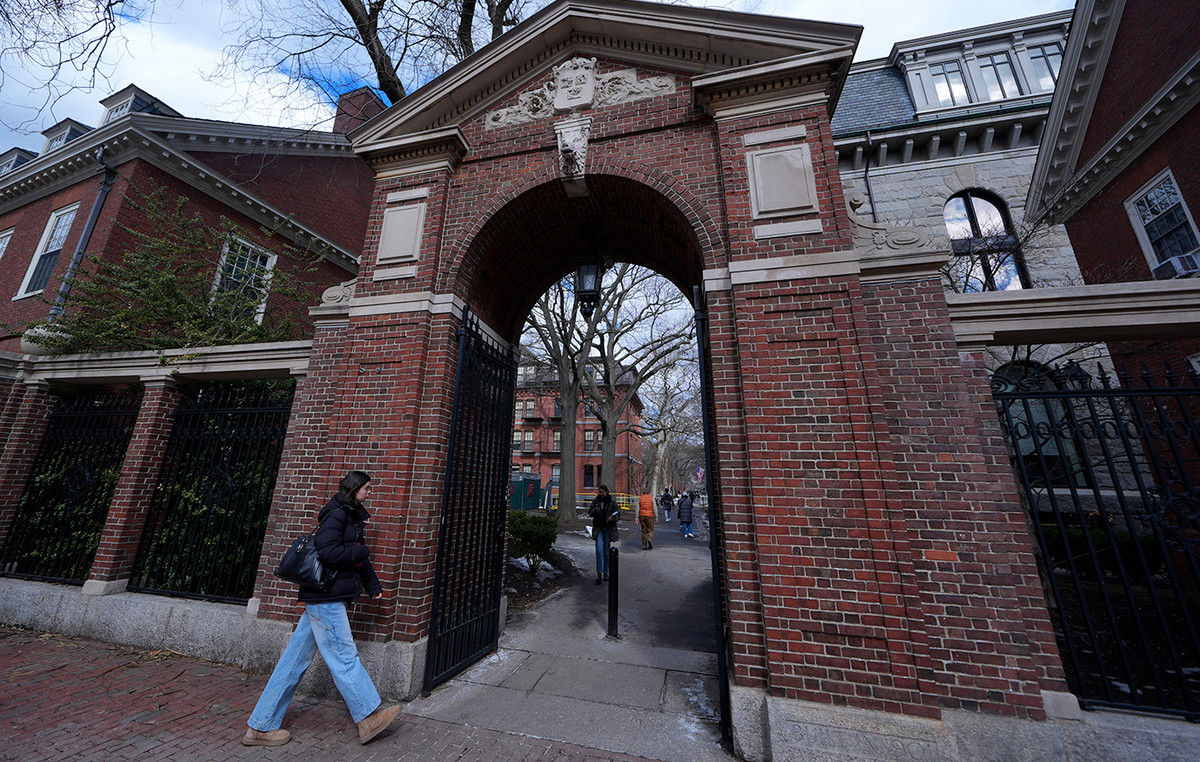Sunday afternoon At 2.30 pm at the Fabbrica del Vapore in Milan, Lucio Cavazzoni He will talk about a theme that fits him by brush: The food you take care. What do you take care of food? We know, the food creates us, form ustakes care of our body and our soul, But it also takes care of the planet, others, nature, animals, So it also takes care of our relationship with the world and our role of interdependence between species, environments and ecosystems.
Lucio Cavazzoni – Born beekeeper, who became the promoter of the first biological cooperatives, then president of Alce Nero and now president of the Bolognese Apennines Biodistitto – will bring his experience to panel Sacred food, food that takes care a dialogue together with Martin Halsey President of La Sana Gola, Simone Salvini researcher cook, to Rev. Elena Seishin Vivianivice president of the Italian Buddhist Union, with the moderation of Paola Maugeriauthor of books on conscious nutrition.
It is just one of the many meetings organized byItalian Buddhist Union To celebrate the VESAK 2025 – or the most important holiday in the Buddhist world – e designed to push a step beyond our awareness. A program of cultural and musical events, meetings with Buddhist and non -Buddhist Personality, traditional ceremonies for three days of celebrations – from Friday 23 to Sunday 25 May, with free and free admission – which have to their heart themes such as the treatmentThe dialoguethe memory and the shared responsibility. Cavazzoni told us about care, the cure that was born first of all from the perception of our role of relationship with the world. Here’s what he told us.
She started her life as a farmer as beekeeper in 1978, and since then he has not stopped organic with biological. Would you explain, in summary, your thoughts regarding the theme of food production?
«I answer with a word, which is a relationship: organic agriculture, the real one, is a magnificent way to enter into relationship with the” everything “, with animals, plants, with people who benefit from these products, which we never call consumers but users. Biological and biodynamic agriculture aim for balance. They represent a moment of sharing, a choice of relationship ».
How do we relate them to intensive agriculture?
«Agriculture today is becoming increasingly industrial and robotic, it creates an increasingly wider removal. With organic agriculture we make a battle of resistance: it is not a battle against, but an inclusive battle, which wants to make it clear the importance of a conversion for everyone. As I said, the fulcrum is the relationship, just as the purpose of food is not only nutrition but the iche relationship creates between us and the world “.
To resume the title of your meeting what is the food that is good and what “cares”?
«The food that is good is what makes us feel good. It is a food that must be made by wanting well to nature. If we think of intensive farms, places where animals are literally tortured, it is clear that that food does not do well. If we talk about intensive agriculture, which takes away any life from the earth, it is equally clear that it is not good. Fertility, the extraordinary concentration of biodiversity from the earth – you think that in the first 20 centimeters of healthy ground we find 65% of the living species of the planet – today it is not respected.
Do you go to desertification, as many warn?
«Today with intensive agriculture the land are hyper exploited to pursue hyper productivity. A lack of return that brings us back to the lack of reciprocity. The foundations of organic agriculture, and even more than biodynamics, instead, are based on the idea of leaving the earth richer than how it has been found. A living land transfers its vitality to the products. The greatest scholar of these issues – Edward O. Wilsonthe inventor of the term “biodiversity” and the term “biophilia”, comes to claim that the first 20 centimeters of soil are almost sentient for the complexity of life they express. With the earth you have to have a long -term relationship, in short, based on reciprocity and not on exploitation ».
How does Buddhism fit into these issues?
«The Buddha I know – who I am only a reader and scholar – offers a form of respect towards the deep living, which then means respecting themselves. Not surprisingly, together with the Italian Buddhist Union we support artisan agriculture, the one that not only respects the land but those who live the earth. Small agriculture, those of people, who repopulate countryside and mountains and which is opposed to what he does without man ».
What can we do in our life to follow the wake that traces with his words?
«We must seriously begin to relate to producers and direct breeders whose work is known. Relating the relationship with those who cultivate is fundamental, and it can be done everywhere, in every part of Italy: the other day I was in Abbiategrasso, thirty kilometers from Milan, with the breeders who have the cattle grazing in the rot. There is still the possibility of eating well ».
And how are the prices of this food?
«Excellent, because in the direct report you jump the distribution costs that have a reload of even 65%. So you can find excellent dairy products, goat cheeses, meat at a more than affordable price ».
What do you think, will we be able to change the system or will we have to get to the total aridity of the land before changing the system?
«I remain optimistic on the long term. It is true, these are difficult times between wars, overwhelming and violence, but I think of Blaise Pascal when he stated that “man infinitely passes the man”, that is, when he gives voice to humanity: it is precisely on the growth of humanity that we must aim. The humanity that is cure – to resume the theme of VESAK2025 – and the care that affectivity and is empathy, feeling the same thing, or one of the hazelnuts of Buddhism. Through humanity we will be able to reconstruct a different model, together, combining many experiences. The VESAK does this that brings together different people on this theme, the farmers who believe in a different way do it, she does it with this article and who will read it. Many efforts will lead to a result ».
Source: Vanity Fair
I’m Susan Karen, a professional writer and editor at World Stock Market. I specialize in Entertainment news, writing stories that keep readers informed on all the latest developments in the industry. With over five years of experience in creating engaging content and copywriting for various media outlets, I have grown to become an invaluable asset to any team.





